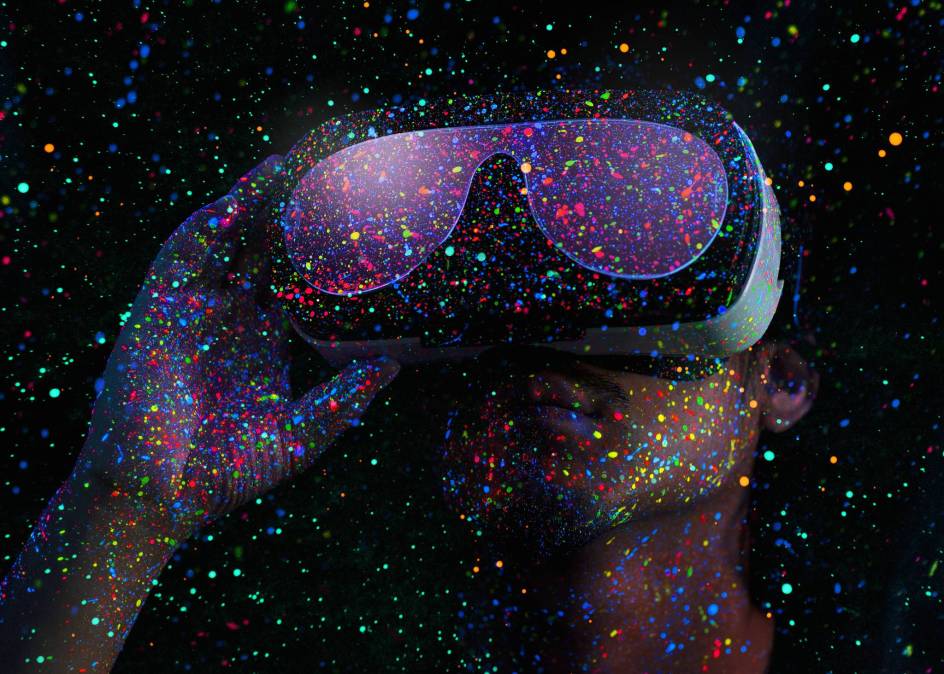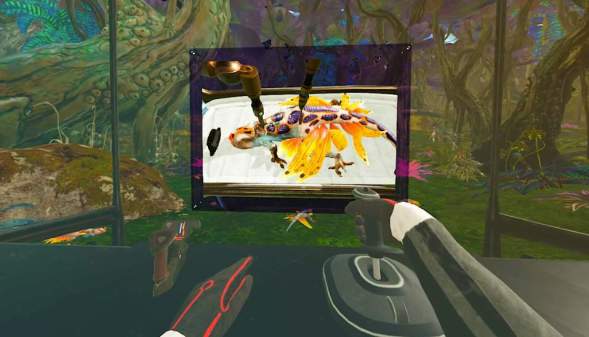VR can help multilingual students retain more information, new research shows

According to a new paper published by University of Georgia researchers, virtual reality can be a useful classroom aid for students who speak English as a second language.
Assistant professor Ai-Chu Elisha Ding and doctoral student Eunkyoung Elaine Cha, both from the university’s Workforce Education and Instructional Technology school, found that using virtual reality as part of a middle-school science unit helped students retain more information. They tested both “immersive VR” and desktop computer simulations, finding that students using immersive VR earned “notably higher” test scores.
“This study provides evidence that the incorporation of immersive VR instruction may create a space for visual- and gestural-focused meaning-making, which contributes to both [multilingual learners] and [English monolingual learners’] development of disciplinary literacy in science,” reads the paper’s abstract.
Ding told the university that VR could help teachers include other forms of communication into their classrooms.
“In the U.S. education system, students mainly communicate their ideas through English,” Ding told UGA Today. “Classroom interactions are also very verbal, meaning that students and teachers express themselves through written language or orally. That creates a lot of barriers for multilingual learners.”



